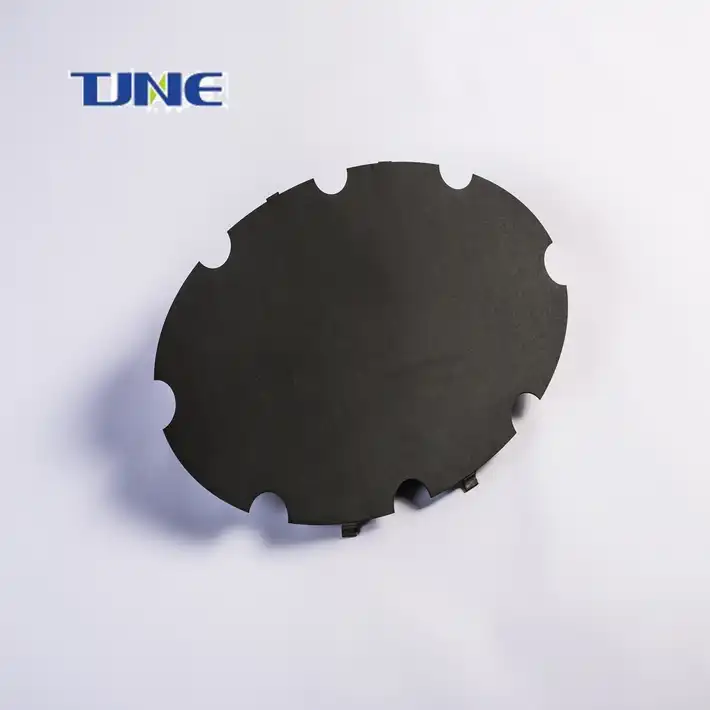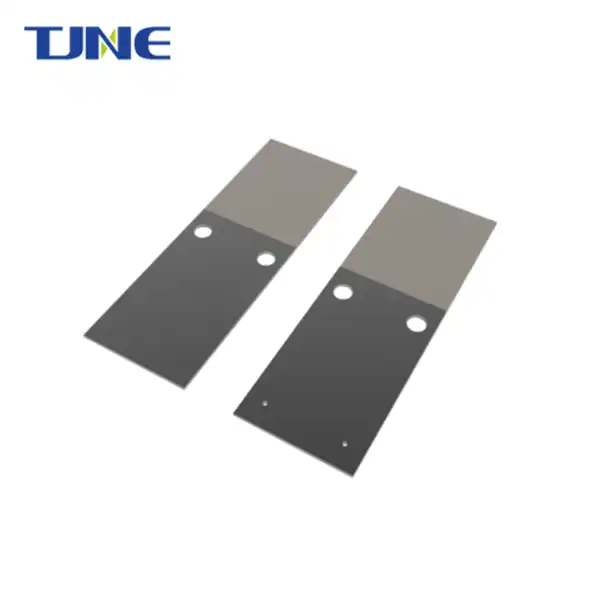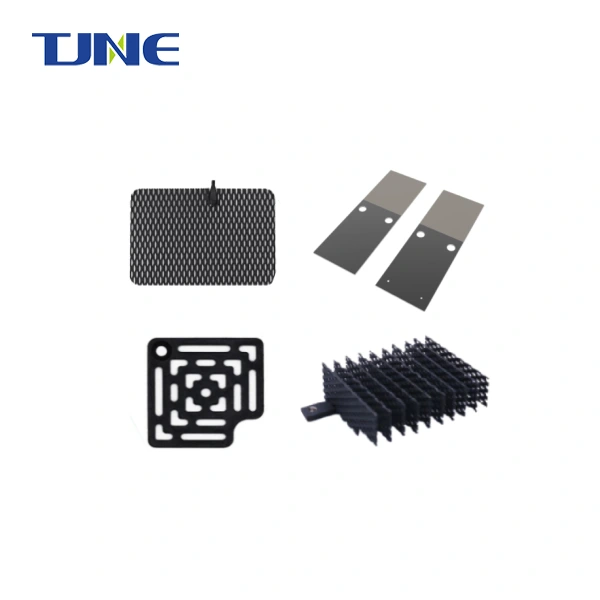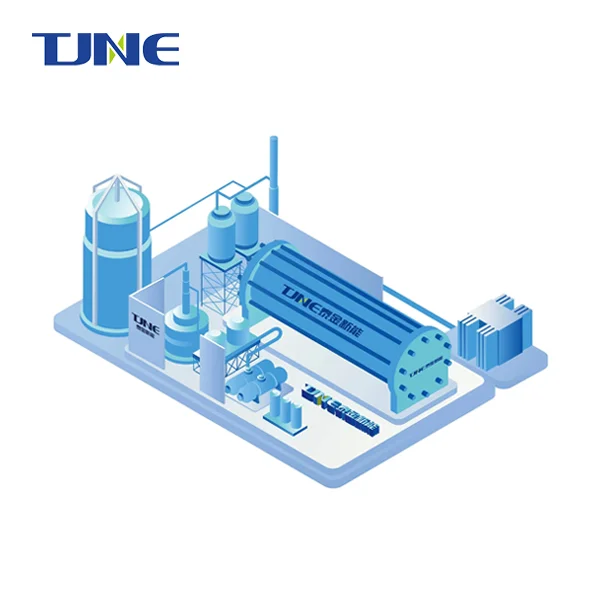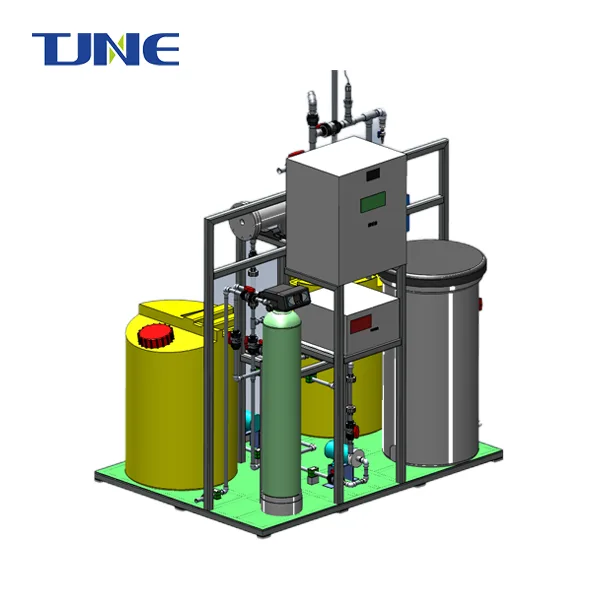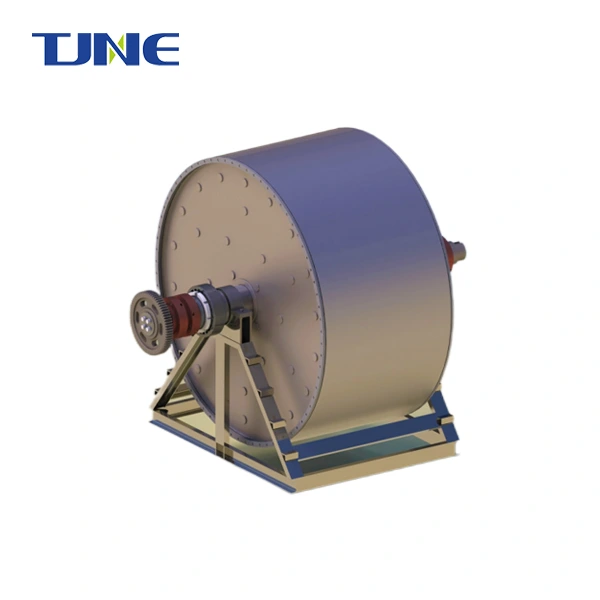- English
- French
- German
- Portuguese
- Spanish
- Russian
- Japanese
- Korean
- Arabic
- Greek
- German
- Turkish
- Italian
- Danish
- Romanian
- Indonesian
- Czech
- Afrikaans
- Swedish
- Polish
- Basque
- Catalan
- Esperanto
- Hindi
- Lao
- Albanian
- Amharic
- Armenian
- Azerbaijani
- Belarusian
- Bengali
- Bosnian
- Bulgarian
- Cebuano
- Chichewa
- Corsican
- Croatian
- Dutch
- Estonian
- Filipino
- Finnish
- Frisian
- Galician
- Georgian
- Gujarati
- Haitian
- Hausa
- Hawaiian
- Hebrew
- Hmong
- Hungarian
- Icelandic
- Igbo
- Javanese
- Kannada
- Kazakh
- Khmer
- Kurdish
- Kyrgyz
- Latin
- Latvian
- Lithuanian
- Luxembou..
- Macedonian
- Malagasy
- Malay
- Malayalam
- Maltese
- Maori
- Marathi
- Mongolian
- Burmese
- Nepali
- Norwegian
- Pashto
- Persian
- Punjabi
- Serbian
- Sesotho
- Sinhala
- Slovak
- Slovenian
- Somali
- Samoan
- Scots Gaelic
- Shona
- Sindhi
- Sundanese
- Swahili
- Tajik
- Tamil
- Telugu
- Thai
- Ukrainian
- Urdu
- Uzbek
- Vietnamese
- Welsh
- Xhosa
- Yiddish
- Yoruba
- Zulu
Saltwater pools have gained immense popularity in recent years due to their lower maintenance requirements and gentler swimming experience compared to traditional chlorine pools. At the heart of these systems lies a crucial component: the anode. Titanium anodes, in particular, have emerged as a game-changing technology in saltwater pool disinfection. This blog post will explore the use of titanium anodes in saltwater pools, their benefits, and address some common questions surrounding this innovative pool maintenance solution.
How Do Titanium Anodes Work in Saltwater Pool Systems?
Titanium anodes play a pivotal role in the saltwater chlorination process, which is the cornerstone of saltwater pool systems. These systems work by converting salt (sodium chloride) into chlorine through electrolysis. The process begins when pool water, containing dissolved salt, passes through a chlorinator cell. Inside this cell, titanium plates coated with ruthenium or iridium oxides serve as anodes and cathodes.
When an electric current is applied to these titanium plates, it triggers an electrochemical reaction. The negatively charged chloride ions in the saltwater are attracted to the positively charged anode. As these ions reach the anode's surface, they lose an electron, transforming into chlorine gas. This chlorine gas immediately dissolves into the water, forming hypochlorous acid – the same sanitizing agent used in traditional chlorine pools.
The beauty of this system lies in its efficiency and sustainability. Unlike traditional chlorine pools that require constant addition of chlorine compounds, saltwater pools with titanium anodes produce their own chlorine on-site. This not only reduces the need for chemical storage and handling but also provides a more consistent level of sanitization.
Titanium anodes are particularly well-suited for this application due to their exceptional durability and resistance to corrosion. Even in the harsh, salty environment of a pool, titanium anodes can withstand the electrochemical processes without degrading rapidly. This longevity translates to lower maintenance costs and fewer replacements over time.

What Are the Benefits of Using Titanium Anodes in Saltwater Pools?
The adoption of titanium anodes in saltwater pools has brought about a multitude of benefits, transforming the landscape of pool maintenance and enhancing the overall swimming experience. Let's delve into the numerous advantages that make titanium anodes a preferred choice for saltwater pool systems.
1. Superior Durability and Longevity:
Titanium anodes stand out for their exceptional durability in the corrosive environment of saltwater pools. The inherent properties of titanium, combined with specialized coatings like ruthenium or iridium oxides, create a surface that resists degradation even under constant electrochemical stress. This remarkable longevity translates to fewer replacements and lower long-term maintenance costs for pool owners. While the initial investment in titanium anodes may be higher than some alternatives, their extended lifespan – often lasting several years – makes them a cost-effective choice in the long run.
2. Consistent and Efficient Chlorine Production:
Titanium anodes excel in their ability to produce chlorine consistently and efficiently. The electrochemical process facilitated by these anodes ensures a steady supply of chlorine, maintaining optimal sanitization levels in the pool. This consistency is crucial for preventing the growth of algae and bacteria, ensuring a safe swimming environment at all times. The efficiency of titanium anodes also means that they can produce the required amount of chlorine using less salt and energy compared to other materials, contributing to overall system efficiency.
3. Improved Water Quality:
Saltwater pools using titanium anodes typically maintain lower chlorine levels compared to traditional chlorine pools. This results in water that is gentler on the skin, eyes, and hair of swimmers. Many users report a more pleasant swimming experience, with reduced incidents of skin irritation and red eyes commonly associated with high-chlorine environments. The softer water quality is particularly beneficial for individuals with sensitive skin or allergies to chlorine.
4. Reduced Chemical Handling and Storage:
One of the most significant advantages of using titanium anodes in saltwater systems is the dramatic reduction in the need for chemical handling and storage. Traditional pools require regular addition of chlorine in various forms, necessitating the storage and handling of potentially hazardous chemicals. Saltwater systems with titanium anodes, on the other hand, produce chlorine on-site from salt, eliminating the need for storing large quantities of chlorine compounds. This not only enhances safety but also simplifies pool maintenance routines.
5. Eco-Friendly Operation:
The use of titanium anodes contributes to a more environmentally friendly pool maintenance approach. By reducing the reliance on packaged chlorine products, these systems minimize the environmental impact associated with chemical production, packaging, and transportation. Additionally, the lower overall chlorine levels in saltwater pools result in fewer chlorine by-products, leading to improved air quality around the pool area and reduced environmental impact when pool water is backwashed or drained.
6. Precise Control Over Sanitization:
Titanium anodes allow for precise control over chlorine production. Modern saltwater chlorinators equipped with titanium anodes often feature adjustable settings that enable pool owners to fine-tune chlorine output based on specific needs. This level of control is particularly valuable during periods of heavy pool use, after rainstorms, or when preparing for pool parties, ensuring that sanitization levels can be quickly adjusted to meet changing demands.
7. Lower Operating Costs:
While the initial setup cost of a saltwater system with titanium anodes may be higher than a traditional chlorine system, the long-term operating costs are typically lower. The reduced need for chemical purchases, coupled with the energy efficiency of modern chlorinators, can lead to significant savings over time. Moreover, the gentler water chemistry of saltwater pools can extend the life of pool equipment and surfaces, further reducing maintenance and replacement costs.
In conclusion, the benefits of using titanium anodes in saltwater pools extend far beyond mere chlorine production. From enhancing water quality and swimmer comfort to reducing environmental impact and simplifying maintenance, these innovative components have revolutionized pool care. As technology continues to advance, it's likely that we'll see further improvements in titanium anode efficiency and functionality, cementing their place as a cornerstone of modern pool sanitization systems.
Are There Any Limitations to Using Titanium Anodes in Saltwater Pools?
While titanium anodes offer numerous advantages in saltwater pool systems, it's important to consider the potential limitations and challenges associated with their use. Understanding these factors can help pool owners make informed decisions and ensure optimal performance of their saltwater chlorination systems.
1. Initial Cost Considerations:
One of the primary limitations of using titanium anodes in saltwater pools is the higher initial investment compared to traditional chlorine systems. The cost of titanium, coupled with the specialized coatings required for optimal performance, results in a more expensive component. This higher upfront cost can be a deterrent for some pool owners, particularly those with budget constraints. However, it's crucial to consider this cost in the context of long-term savings on chemicals and maintenance, which often offset the initial investment over time.
2. Sensitivity to Water Chemistry Imbalances:
Titanium anodes, while robust, can be sensitive to certain water chemistry imbalances. Maintaining proper pH levels, alkalinity, and calcium hardness is critical for the longevity and efficiency of titanium anodes. If these parameters are not kept within the recommended ranges, it can lead to scaling on the anodes or reduced efficiency in chlorine production. This requires vigilant monitoring and adjustment of water chemistry, which may be challenging for some pool owners or require professional assistance.
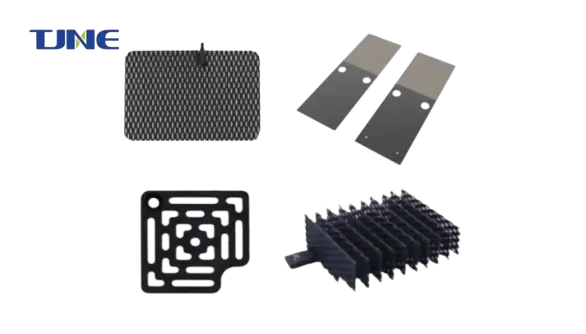
3. Salt Concentration Requirements:
Saltwater systems with titanium anodes typically require a specific range of salt concentration to function optimally. While this concentration (usually around 3000-4000 ppm) is much lower than seawater, it still represents a significant amount of salt that needs to be added and maintained in the pool. Some pool owners may find the process of initially salting their pool or maintaining proper salt levels to be cumbersome. Additionally, in areas with water restrictions or drought conditions, the need to add water (and consequently, more salt) to compensate for evaporation can be problematic.
4. Potential for Salt Damage to Surrounding Areas:
The higher salt content in saltwater pools can potentially damage pool decks, landscaping, and other surrounding areas if not properly managed. Splash-out or overflow from the pool can lead to salt accumulation on nearby surfaces, potentially causing corrosion or damage to certain materials. This risk necessitates careful pool design and regular maintenance of the pool area to prevent salt-related issues.
5. Compatibility with Pool Materials:
Not all pool materials are equally compatible with saltwater systems using titanium anodes. Certain types of stone, masonry, or metal fixtures may be more susceptible to corrosion or degradation when exposed to saltwater over time. This can limit design options for new pools or require additional protective measures in existing pools converted to saltwater systems.
6. Energy Consumption:
While generally energy-efficient, saltwater chlorination systems with titanium anodes do require a constant supply of electricity to operate. This ongoing energy consumption, although typically modest, is an additional operating cost that needs to be considered. In areas with high electricity rates, this could impact the overall cost-effectiveness of the system.
7. Temperature Sensitivity:
The efficiency of chlorine production using titanium anodes can be affected by water temperature. In colder climates or during cooler seasons, the system may need to work harder to produce the same amount of chlorine, potentially increasing energy consumption. Some systems may even shut off automatically if the water temperature drops below a certain threshold, requiring alternative sanitization methods during these periods.
8. Complexity of Troubleshooting:
When issues arise with saltwater systems using titanium anodes, troubleshooting can be more complex compared to traditional chlorine systems. The interplay between the salt cell, control board, and water chemistry can make it challenging to pinpoint the source of problems. This complexity may necessitate professional servicing more frequently, which can add to maintenance costs.
While these limitations are important to consider, they don't negate the numerous benefits of using titanium anodes in saltwater pools. For many pool owners, the advantages of improved water quality, reduced chemical handling, and long-term cost savings outweigh these potential drawbacks. The key is to approach the decision with a comprehensive understanding of both the benefits and limitations, ensuring that the chosen system aligns with individual needs, preferences, and local conditions.
By being aware of these potential challenges, pool owners can take proactive steps to mitigate issues and maximize the benefits of their saltwater systems. This might include investing in proper pool design, implementing regular maintenance routines, and staying informed about best practices in saltwater pool management. With proper care and attention, titanium anodes in saltwater pools can provide years of efficient, comfortable, and enjoyable swimming experiences.
In conclusion, while titanium anodes in saltwater pools offer significant advantages, they are not without their limitations. A thorough understanding of these factors is essential for making an informed decision and ensuring the long-term success of a saltwater pool system. As technology continues to advance, it's likely that many of these limitations will be addressed, further enhancing the appeal and efficiency of titanium anodes in saltwater pool applications.
If you are interested in the products of Xi'an Taijin New Energy Technology Co., Ltd., please contact yangbo@tjanode.com.
References
1. World Health Organization. (2006). Guidelines for safe recreational water environments. Volume 2, Swimming pools and similar environments.
2. Zwiener, C., Richardson, S. D., De Marini, D. M., Grummt, T., Glauner, T., & Frimmel, F. H. (2007). Drowning in disinfection byproducts? Assessing swimming pool water. Environmental Science & Technology, 41(2), 363-372.
3. Lenntech. (n.d.). Titanium - Ti.
4. Pool & Spa News. (2019). The pros and cons of salt chlorination.
5. Centers for Disease Control and Prevention. (2018). Healthy Swimming/Recreational Water.
6. Lowry, R. (2019). Salt Chlorination for Pools.
7. National Swimming Pool Foundation. (2017). Pool & Spa Operator Handbook.
8. American Chemistry Council. (2021). Chlorine Chemistry.
9. Environmental Protection Agency. (2021). Chloramines in Drinking Water.
10. Association of Pool & Spa Professionals. (2019). ANSI/APSP/ICC-11 2019: American National Standard for Water Quality in Public Pools and Spas.
Related Industry Knowledge
- How do I Select the Right MMO Titanium Probe Anode for My Application?
- Why are titanium electrodes used specifically for ballast water management?
- How Does a DSA Anode Revolutionize Electrochemical Processes?
- What Factors Should Be Considered When Selecting a DSA Anode?
- What Industries Benefit from Chlorine Generator Electrolyzers for On-Site Production?
- What Factors Should Be Considered When Selecting a Chlorine Generator Electrolyzer System?
- Which electrolyzer is best for hydrogen production?






